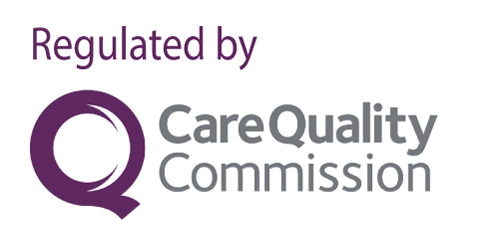Our screenings
Advanced Heart Risk

The heart usually beats between 60 and 80 times per minute.
An abnormal heart rhythm, known as an arrhythmia, means that the heart is beating too fast, too slow, or with an irregular pattern. When the heart doesn't beat properly, it can't pump blood effectively. This can prevent the lungs, brain, and other organs from working properly, leading to them shutting down or suffering damage.
Problems with heart rhythm, or arrhythmia, are experienced by over 2 million people in the UK each year. They affect all age groups, but some are more common in older people. There are numerous different types of abnormal heart rhythm. The main types of arrhythmia are:
- Atrial Fibrillation (AF) - The heart beats irregularly and faster than usual. This is the most common heart rhythm issue.
- Supra ventricular Tachycardia - Episodes of abnormally fast heart rate at rest.
- Bradycardia - The heart beats slower than normal
- Venticular Fribulation - A rare, rapid, and disorganised rhythm of heartbeats leading to loss of consciousness and potentially sudden death.
Certain types of arrhythmia occur in people with severe heart conditions, and can cause sudden cardiac arrest. This kills 100,000 people in the UK each year. Many of these deaths could be prevented if the arrhythmias were diagnosed earlier.
Symptoms of arrhythmias include palpitations, dizziness, fainting, shortness of breath. However, it's important to note that having these symptoms does not necessarily mean that you have a heart rhythm problem.
Causes of Arrhythmia
There are two overarching, main causes for all types of arrhythmias:
- Pacemaker problems - These occur when the hearts natural pacemaker fails or is overcome by the generation of rogue pulses from non-pacemaker cells.
- Conduction problems
These occur when the path of an electrical pulse is blocked or where the electrical signal somehow circles back to stimulate a second pulse instead of naturally ending.
Specifically, an irregular heartbeat can be caused by a range of factors, including:
- Heart attack or heart failure
- Heart valve disease
- Thyroid problems
- Sleep apnoea
- Electrolyte disorders
- Diabetes
- High blood pressure
- Coronary heart disease
- Wolff-Parkinson-White syndrome
- Triggers such as alcohol, caffeine, smoking, stress, anxiety, exercise, certain medications.
Screening for Heart Rhythm
The most effective way to screen for problems with heart rhythm is with an ECG.
Other tests include:
- Blood tests - To detect certain substances in the blood, such as potassium.
If you require any further information about screening for heart rhythm, or to arrange a consultation, please get in touch. Our skilled and experienced team are always on hand to provide assistance.


